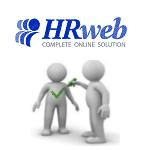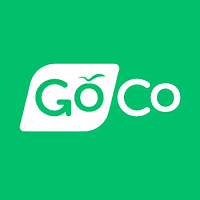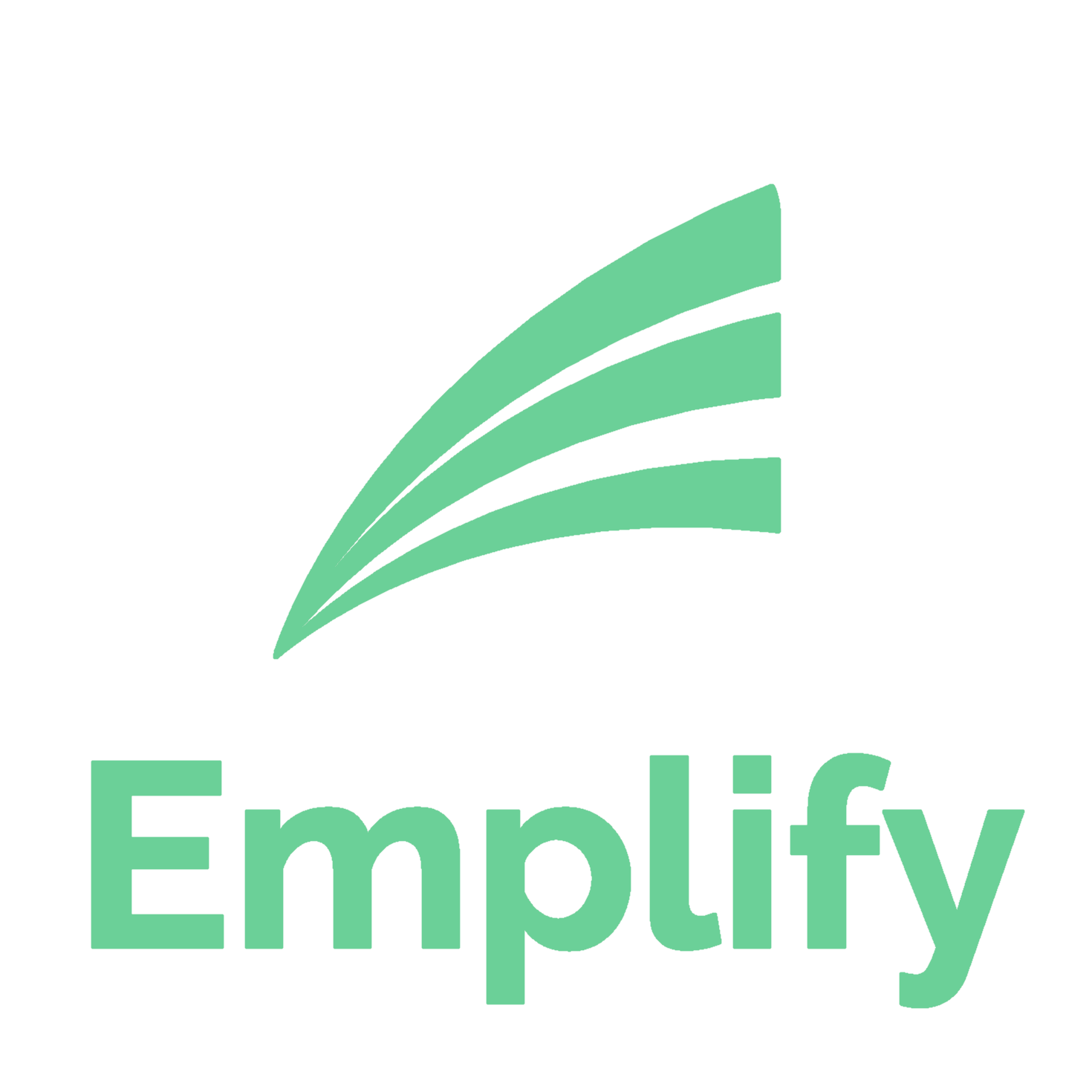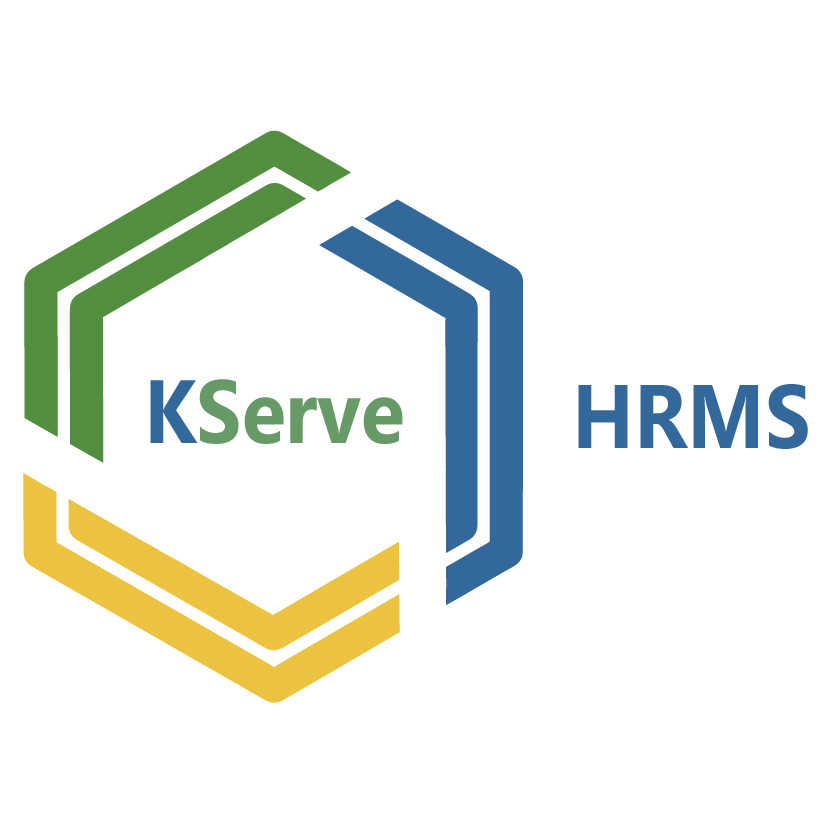Description
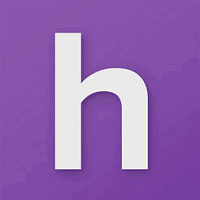
Homebase
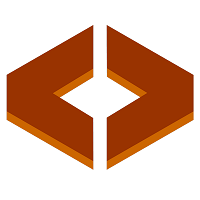
Orbital Shift
Comprehensive Overview: Homebase vs Orbital Shift
Homebase, Orbital Shift, and PeopleSpheres Overview
a) Primary Functions and Target Markets
Homebase:
- Primary Functions: Homebase is a workforce management software primarily focused on helping businesses manage their hourly teams. Key features include employee scheduling, timesheets, time tracking, hiring, onboarding, team communication, and labor cost reporting.
- Target Markets: Homebase primarily targets small to medium-sized businesses, particularly those in the retail, restaurant, and service industries. Their tools are designed to simplify the management of hourly workers, which are common in these sectors.
Orbital Shift:
- Primary Functions: Orbital Shift provides employee scheduling and time clock software. Its features include shift planning, time tracking, labor cost management, and team communication tools. The focus is on simplifying scheduling processes while ensuring compliance with labor laws.
- Target Markets: The platform is aimed at mid-sized businesses across various industries, including hospitality, healthcare, and manufacturing. It serves companies looking for robust scheduling with an emphasis on compliance and reporting.
PeopleSpheres:
- Primary Functions: PeopleSpheres is an HR platform that connects various HR software into a single user interface. It offers integration capabilities to bring together disparate systems for payroll, recruitment, training, performance management, etc., into a unified platform.
- Target Markets: PeopleSpheres targets larger organizations that already use multiple HR systems and require a solution to unify them. It's particularly beneficial for organizations needing enhanced HR data analysis and integration across multiple functions.
b) Market Share and User Base
-
Homebase is quite popular among small businesses, particularly in North America, due to its user-friendly interface and affordability, which makes it accessible to a large user base in the SMB sector. Its market share is notable within this segment but does not extend robustly into larger enterprise markets.
-
Orbital Shift has a smaller market presence compared to Homebase, with a specialized focus on industries with complex scheduling needs, such as healthcare and manufacturing. Its user base tends to be midsize businesses needing specific scheduling compliance solutions.
-
PeopleSpheres largely targets larger enterprises looking to integrate various HR systems. Its market share is more niche compared to the other two platforms, as it serves organizations with existing HR systems infrastructure that wish to integrate and manage these systems more effectively.
c) Key Differentiating Factors
-
Homebase: Its key differentiator is its focus on small businesses with hourly employees. It provides an all-in-one solution at an affordable cost with a focus on ease of use. Its broad range of features also caters specifically to the needs of small business operations, such as affordable hiring tools and labor cost management.
-
Orbital Shift: The platform stands out due to its emphasis on compliance and detailed reporting, which is essential for industries with strict labor regulations. It offers robust features that ensure organizations can efficiently manage labor costs and comply with labor laws, which can be crucial in healthcare and manufacturing.
-
PeopleSpheres: The main differentiator is its ability to integrate various HR systems into a seamless experience. It doesn't replace other HR systems but enhances the connectivity and data sharing across systems, making it especially attractive to larger organizations with complex HR operations. Its flexibility and customization for larger organizations set it apart from the more standalone solutions provided by Homebase and Orbital Shift.
Each of these platforms serves its niche based on the size, industry, and specific needs of the organizations it targets, offering unique benefits that make them suitable for different types of businesses.
Contact Info

Year founded :
1986
Not Available
Not Available
United States
Not Available

Year founded :
2009
+1 406-552-0312
Not Available
United States
http://www.linkedin.com/company/orbital-shift
Feature Similarity Breakdown: Homebase, Orbital Shift
When examining workforce management and HR platforms like Homebase, Orbital Shift, and PeopleSpheres, there are several aspects to consider, including their core features, user interfaces, and unique attributes. Here's a breakdown:
a) Core Features in Common
-
Employee Scheduling:
- All three platforms provide tools for creating and managing employee schedules, which are essential for workforce management.
-
Time Tracking:
- They offer functionalities for tracking employee hours, often including time clock integrations and mobile app capabilities for clocking in/out.
-
Payroll Integration:
- These platforms generally integrate with payroll systems to streamline the processing of employee wages and ensure accuracy in payment calculations.
-
Compliance Management:
- They support compliance with labor laws and regulations, offering features like overtime tracking and alerts to help businesses stay compliant.
-
Employee Self-Service:
- Employees can access their schedules, track their hours, and in some cases, request time off via mobile apps or web portals.
b) User Interface Comparison
-
Homebase:
- User-friendly and intuitive, Homebase’s UI is designed with small to mid-sized businesses in mind. It often features a dashboard that provides quick insights and easy access to scheduling and time tracking.
-
Orbital Shift:
- Known for its clean and straightforward interface, Orbital Shift focuses on ease of use with drag-and-drop scheduling features and visually accessible time tracking data.
-
PeopleSpheres:
- Offers a more modular and customizable interface, often aimed at larger organizations. It allows users to tailor their HR ecosystem and integrate various HR solutions into its platform, which can influence the complexity of the interface.
c) Unique Features
-
Homebase:
- Homebase stands out with its broad support for small businesses, including features like team messaging and hiring tools that are particularly geared towards businesses with high turnover, such as hospitality and retail.
-
Orbital Shift:
- Notably strong in shift management, Orbital Shift excels with its detailed shift-swapping functionality, allowing employees to manage their schedule changes efficiently without manager intervention.
-
PeopleSpheres:
- The platform's unique strength lies in its integration and modularity capabilities. It acts as an integrative layer that allows businesses to connect existing HR management systems into a unified interface, offering extensive adaptability for larger companies with complex HR requirements.
Each of these platforms addresses the core needs of employee scheduling and time management while catering to different market segments through their distinct features and user experiences.
Features

Team Communication
Employee Management
Time Tracking and Timesheets
Payroll Management
Easy Employee Scheduling

Compliance and Reporting
Labor Cost Management
Efficient Scheduling
Employee Communication
Time and Attendance Tracking
Best Fit Use Cases: Homebase, Orbital Shift
Certainly! Here's how Homebase, Orbital Shift, and PeopleSpheres cater to different business needs and scenarios:
a) Homebase
Best Fit Use Cases:
- Types of Businesses: Homebase is ideal for small to medium-sized businesses, especially in the retail, restaurant, and hospitality sectors. It is designed for businesses that require simple yet effective scheduling, time tracking, and team communication tools.
- Projects: Suitable for businesses that operate with hourly staff and need efficient management of shifts, payroll, and compliance with labor laws.
Features and Benefits:
- Scheduling and Time Tracking: Provides easy-to-use tools for creating employee schedules and tracking hours worked, ensuring streamlined operations.
- Communication: Facilitates team communication and shift reminders, which is crucial for industries with rotating shifts.
- Payroll Integration: Simplifies payroll with integrated time tracking data, aiding smaller businesses in managing payroll efficiently.
b) Orbital Shift
Preferred Scenarios:
- Types of Businesses: Orbital Shift is excellent for businesses that prioritize advanced workforce management, particularly those with complex scheduling needs. It is beneficial for companies within the healthcare, manufacturing, and service industries.
- Projects: Ideal for organizations that need to manage large teams with variable schedules and want to optimize labor costs through strategic scheduling.
Features and Benefits:
- Advanced Scheduling: Offers powerful scheduling features with drag-and-drop capabilities and compliance tools, making it easier for managers to handle large and complex staff structures.
- Labor Optimization: Helps in identifying inefficiencies and optimizing labor costs, which is beneficial for cost-sensitive operations.
- Employee Self-Service: Employees can manage their availability, shift swaps, and time-off requests, reducing administrative burden.
c) PeopleSpheres
Considerations for Use:
- Types of Businesses: PeopleSpheres is a versatile HR platform appropriate for medium to large businesses that require a comprehensive HR solution. It caters well to businesses across diverse sectors with substantial HR management needs.
- Projects: Best suited for companies looking to integrate multiple HR systems into a unified core platform, offering an extensive overview of HR operations.
Features and Benefits:
- HR Integration: Provides a unique approach by acting as an integration platform, allowing companies to connect existing HR tools into one central interface.
- Scalability: Suitable for businesses experiencing growth and requiring scalable HR solutions that can adapt to increasing complexity.
- Comprehensive HR Features: Includes talent management, employee engagement, and performance management, making it a robust choice for companies with varied HR demands.
d) Industry Verticals and Company Sizes
- Homebase primarily targets small to medium-sized businesses (SMBs) in hospitality, retail, and service industries, focusing on operational simplicity and cost-effectiveness.
- Orbital Shift is preferred for medium to large businesses in industries with complex scheduling requirements like healthcare, manufacturing, and large scale service providers, offering features that address compliance and labor management.
- PeopleSpheres caters more to medium to large enterprises across various industries that need to integrate diverse HR functions into a single platform, preferring a system that can handle multiple facets of human resources and scale with business growth.
Each platform has unique functionalities tailored for specific operational needs, company sizes, and industry demands. Businesses should evaluate their specific requirements to determine which solution best aligns with their goals.
Pricing

Pricing Not Available

Pricing Not Available
Metrics History
Metrics History
Comparing teamSize across companies
Conclusion & Final Verdict: Homebase vs Orbital Shift
When evaluating Homebase, Orbital Shift, and PeopleSpheres, it's crucial to examine their individual features, pricing, integration capabilities, and suitability for different business needs. Here’s a conclusion and verdict that considers these factors:
Conclusion and Final Verdict:
a) Best Overall Value:
- Homebase generally offers the best overall value, especially for small to medium-sized businesses looking for a comprehensive yet affordable solution. Its free plan, ease of use, extensive features for employee scheduling, time tracking, and team communication make it an attractive choice without significant financial investment.
b) Pros and Cons:
Homebase:
-
Pros:
- Cost-effective: Offers a free plan with valuable features, perfect for startups and small businesses.
- User-friendly: Intuitive interface, requires minimal training to get started.
- Comprehensive Features: Includes scheduling, time tracking, and some HR functionalities.
- Integration: Easy integration with major payroll providers and other business tools.
-
Cons:
- Limited Advanced Features: Not as robust in HR management compared to other dedicated HR systems.
- Scalability: Might lack the advanced features larger enterprises need for complex workforce management.
Orbital Shift:
-
Pros:
- Focus on Scheduling: Strong emphasis on workforce scheduling and labor management.
- Compliance: Helps maintain compliance with labor laws and regulations.
- Real-time Communication: Facilitates effective team communication within the platform.
-
Cons:
- Niche Use: Primarily suited for businesses that prioritize scheduling over other HR functionalities.
- Higher Cost: Can be more expensive for businesses that need additional HR features not covered in the base package.
- Limited HR Features: May require additional software for a comprehensive HR solution.
PeopleSpheres:
-
Pros:
- Modular HR Platform: Offers a wide range of HR functionalities through a unified platform.
- Integration Flexibility: Serves as a middleware solution, integrating various HR software effectively.
- Customization: Highly customizable to fit specific business needs.
-
Cons:
- Complex Setup: May require significant time and resources to implement and customize.
- Cost: Tends to be more expensive, particularly for small businesses.
- Learning Curve: Requires training and expertise to utilize fully.
c) Specific Recommendations:
-
For Small to Medium Businesses: Homebase is likely the best option due to its affordability and the sufficiency of features for basic HR and workforce management needs. It’s particularly recommended for retailers, restaurants, and similar sectors.
-
For Businesses Needing Rigorous Scheduling: Orbital Shift is optimal if your primary focus is on detailed scheduling and labor management. It's ideal for industries like healthcare, manufacturing, and hospitality, where compliance and scheduling are critical.
-
For Enterprises with Complex HR Needs: PeopleSpheres is suitable for larger organizations looking for a fully integrated and customizable HR solution that can connect various existing systems under one umbrella.
Ultimately, the choice between these platforms should align with the specific operational demands, budget constraints, and existing systems of a business. Consider trialing each platform, if possible, to ascertain which aligns best with your organization's day-to-day processes and long-term goals.
Add to compare
Add similar companies
